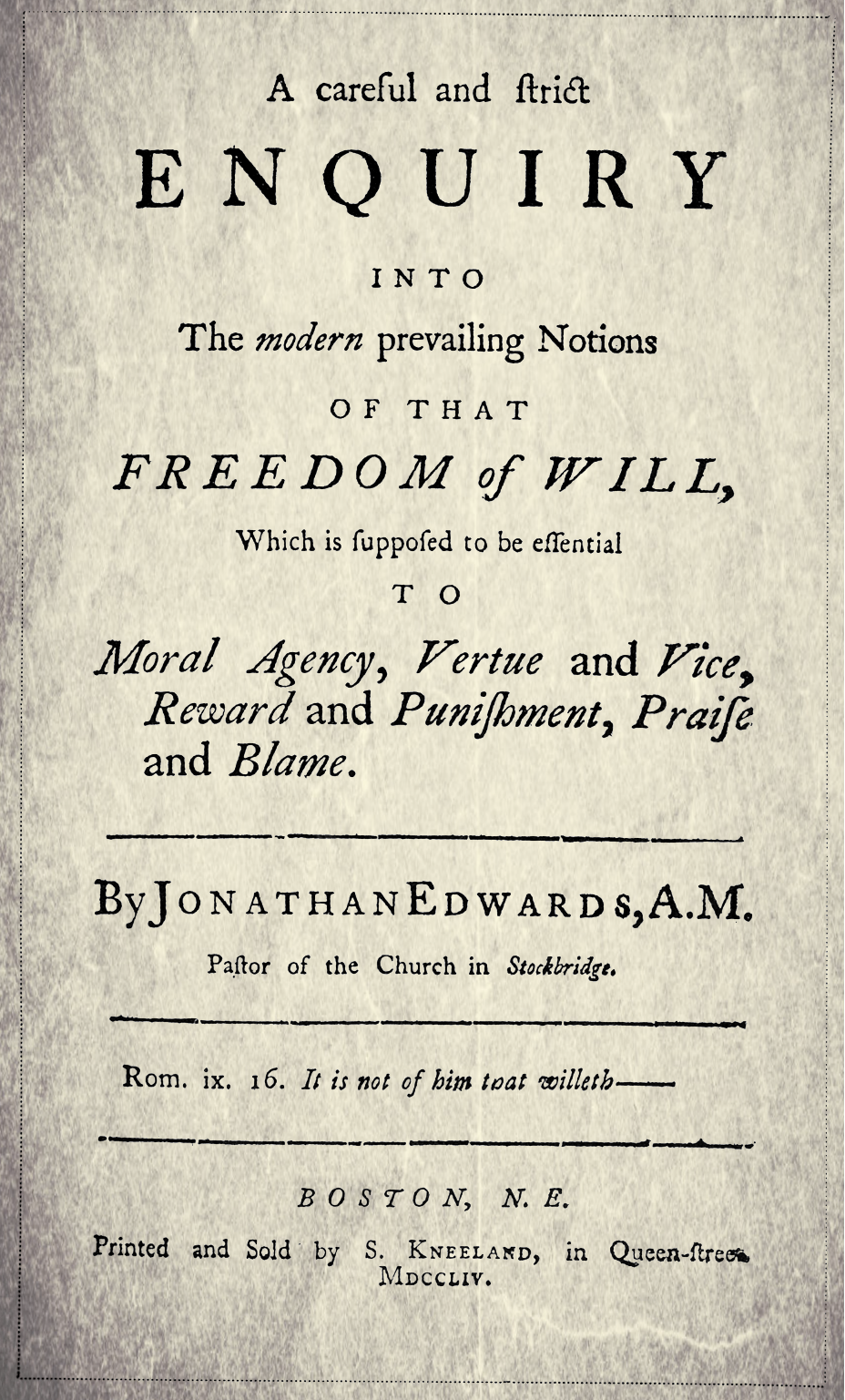Chapter 5: Of Divine Providence
Are divine sovereignty and human responsibility incompatible? What do we mean by Providence? How does the Providence of God work? Does God use means? How does the Providence of God relate to the wicked and the church?
This chapter is in many ways connected with chapter 3 about God’s Decree. Therefore, the interested reader is directed there for more about God’s divine sovereignty.
§1 God the good Creator of all things
- God the good Creator of all things, 1 in his infinite power and wisdom 2 doth uphold, direct, dispose, and govern 3 all creatures and things, from the greatest even to the least, 4 by his most wise and holy Providence, 5 to the end for the which they were created, 6 according unto his infallible foreknowledge, and the free and immutable counsel of his own will; 7 to the praise of the glory of his wisdom, power, justice, infinite goodness, and mercy. 8
- Gen. 1:31; 2:18; Ps. 119:68[1]
- Ps. 145:11; Prov. 3:19; Ps. 66:7
- Heb. 1:3; Isa. 46:10-11; Dan. 4:34-35; Ps. 135:6; Acts 17:25-28; Job 38-41
- Matt. 10:29-31
- Prov. 15:3; Ps. 104:24; 145:17
- Col. 1:16-17; Acts 17:24-28
- Ps. 33:10-11; Eph. 1:11
- Isa. 63:14; Eph. 3:10; Rom. 9:17; Gen. 45:7; Ps. 145:7
God the good Creator is the One Who is sovereign over all things and the One who upholds, directs, disposes, and governs all creatures and things (Heb. 1:3; Eph. 1:11; Isa. 46:10-11; Ps. 115:3; 135:6; Rev. 4:11). His sovereignty extends from the greatest even to the least (Matt. 10:29-31). God is as much concerned about little things as He is about big things because they all work out for His glory and according to His most wise plan. By His most wise and holy Providence, He has assigned an end and purpose for everything that was created (e.g., Prov. 16:4). This was done according to God’s infallible foreknowledge of that which He has ordained and according to the free and immutable counsel of His own will. The purpose for disposing and directing all things as He does is to the praise of the glory of His wisdom, power, justice, infinite goodness, and mercy which is seen in His Providence.
Providence may be defined as:
Divine Providence is the governance of God by which He, with wisdom and love, cares for and directs all things in the universe. The doctrine of divine Providence asserts that God is in complete control of all things. He is sovereign over the universe as a whole (Psalm 103:19), the physical world (Matthew 5:45), the affairs of nations (Psalm 66:7), human destiny (Galatians 1:15), human successes and failures (Luke 1:52), and the protection of His people (Psalm 4:8).[2]
It is the God, the good Creator, Who governs and directs every step in the universe. He is the standard of goodness. He means and intends everything for good (defined by Himself), while man means it for evil (Gen. 50:20). Everything He does is most holy and wise, free and immutable, and for His glory (Isa. 46:8-11). He upholds the universe by the power of His word and He directs history to its predetermined end (Heb. 1:3; Eph. 1:11). He disposes of good and evil and governs every molecule and atom the way He pleases (Dan. 4:34-35; Isa. 45:7; Ps. 115:3; 135:6; Eph. 1:11). Why? To the glorification of His attributes! See chapter 4 for the purpose of creation. This is closely connected with God’s decree in chapter 3 (see the commentary there). God’s sovereign decree could be seen as the blueprint of history, while God’...










